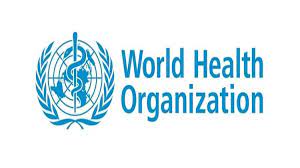Gandhinagar Declaration:

The WHO South-East Asia Region recently committed to further accelerate efforts to end tuberculosis by 2030, with member countries adopting the Gandhinagar Declaration.
- It was adopted at the end of the two-day meeting held in Gandhinagar, Gujarat, to follow up on the progress made to end tuberculosis (TB) by the countries of the WHO South-East Asia Region.
- The Declaration calls for establishing high-level multisectoral commission reporting to the highest political level in each country for synergy of efforts among various stakeholders and to monitor progress towards ending TB and other priority diseases.
- These high-level multisectoral commission on TB could also help build responsive health systems and advance universal health coverage and health security.
- The declaration calls for ensuring appropriate adoption and use of science and technology for equitable and human rights-based TB services that are accessible to all, irrespective of any social, cultural, or demographic divide, through an integrated, primary health care approach.
- It emphasises on the allocation of necessary resources to meet TB service coverage targets and address social determinants to have a multi-disease impact.
- The declaration calls on WHO to maintain TB as a Flagship Priority Programme over the coming years and provide leadership and technical support to countries for sustained and accelerated approaches supported by research and innovation.
- It calls upon all partners to enhance their support to end TB and priority diseases in the Region as per the UN Sustainable Development Goals target 3.3 – End the epidemics of AIDS, tuberculosis, malaria and neglected tropical diseases and combat hepatitis, water-borne diseases, and other communicable diseases.




